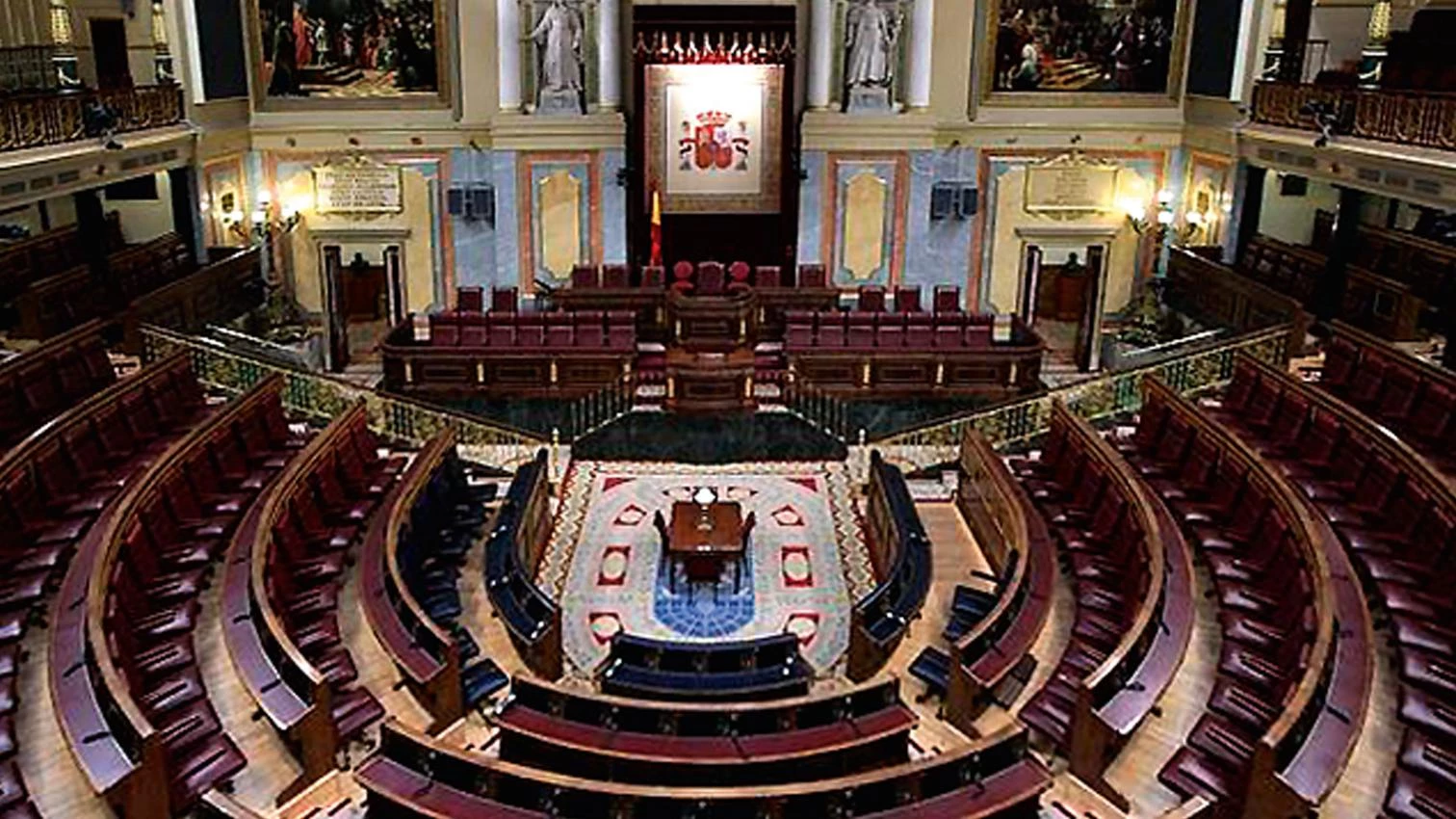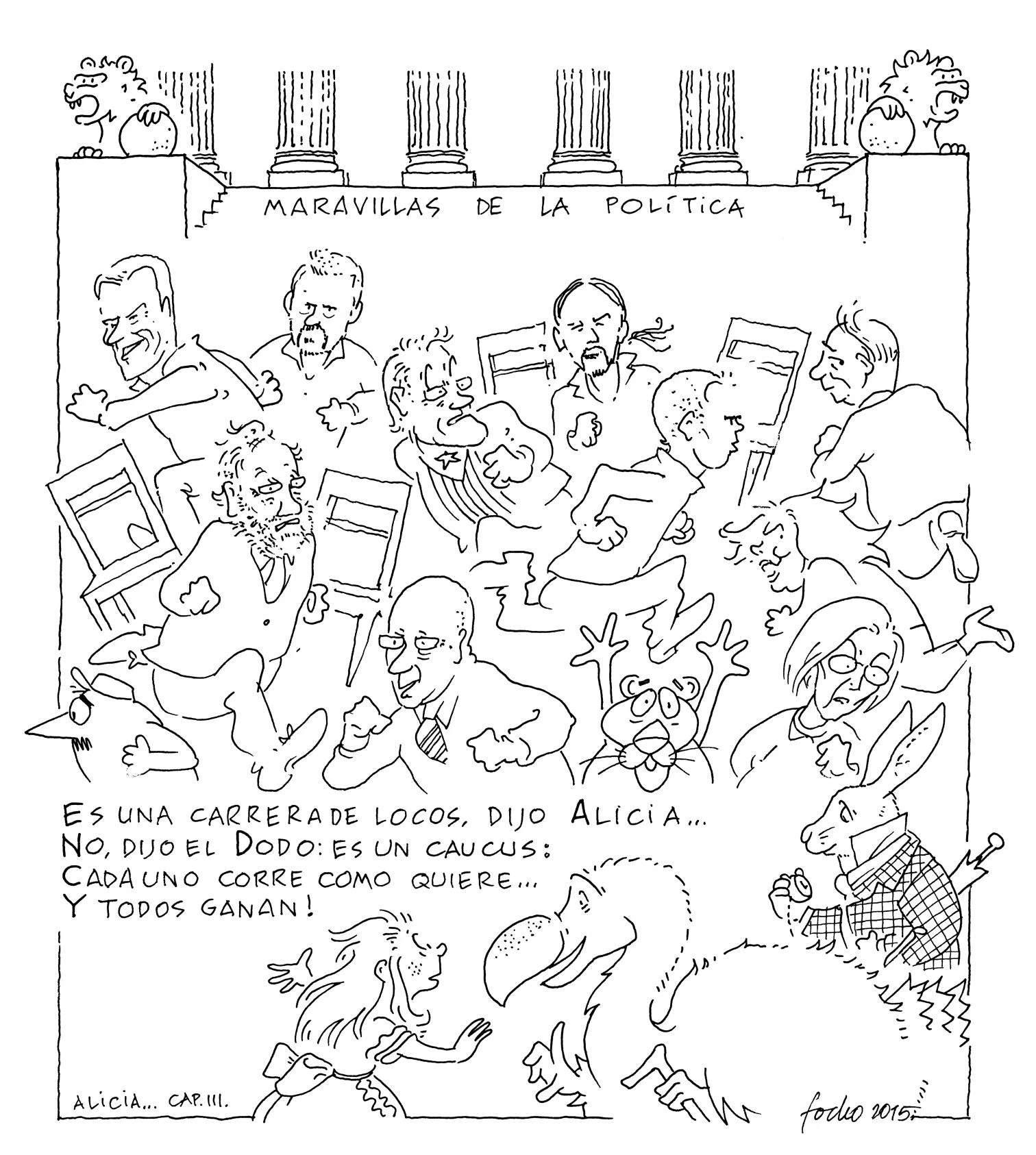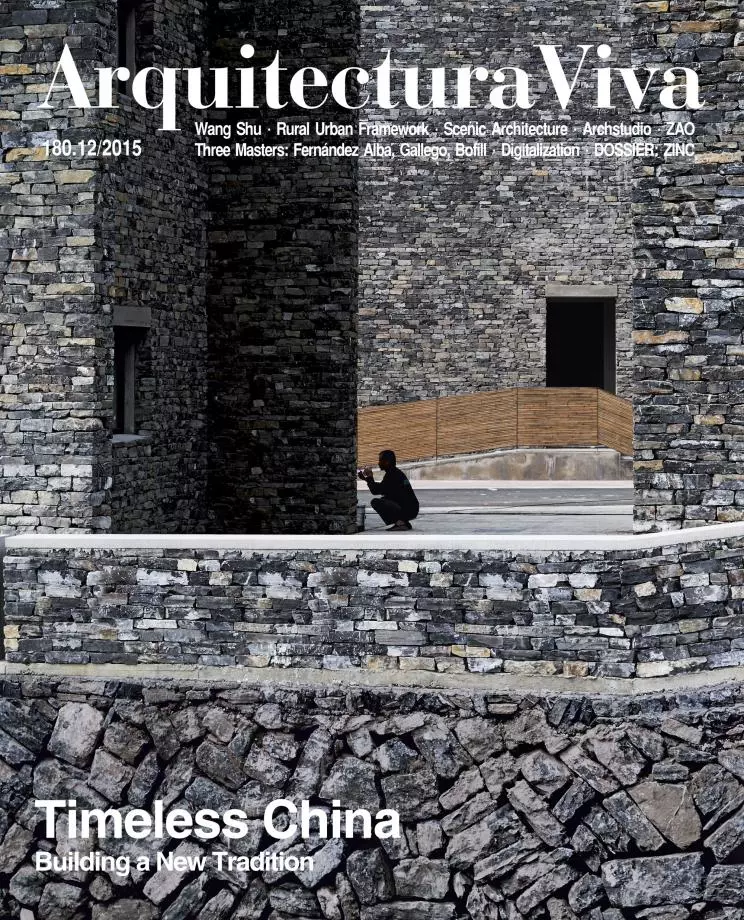
Spanish political life finds itself at a crossroads. The institutional silence of days when the two houses of the nation’s legislature – the Congress of Deputies and the Senate – are not in session is perhaps of the same nature as the calm in the eye of a hurricane: a stillness that can only be explained by the speed and intensity of all that’s going on around, in superposed layers. The first layer is the emergence of new political groups giving voice to the widespread insatisfaction and malaise produced by the economic crisis and a chain of corruption scandals; an insatisfaction which is threatening – and this time genuinely threatening – to end the longtime hegemony of the two-party system. The second layer has to do with “sovereignty” and “disconnection from Spain,” awkward but nevertheless efficient euphemisms that speak of the possibility (with unpredictable consequences) of such an important part of the country as Catalonia breaking away from the rest. The third layer also involves a question of boundaries, of much greater reach than the previous problem and just as unpredictable: the arrival en masse of refugees in what they continue to see as a Promised Land. But this outer layer of the hurricane coincides with yet another one, parallel and attached to it: international terrorism, which under the black banners of the Islamic State has been attacking here and there, indiscriminately, justifying military reprisals whose consequences, again, are unpredictable. Elections are on 20 December. Are we sure that our leaders, whoever they are, will know how to move inside the hurricane?






